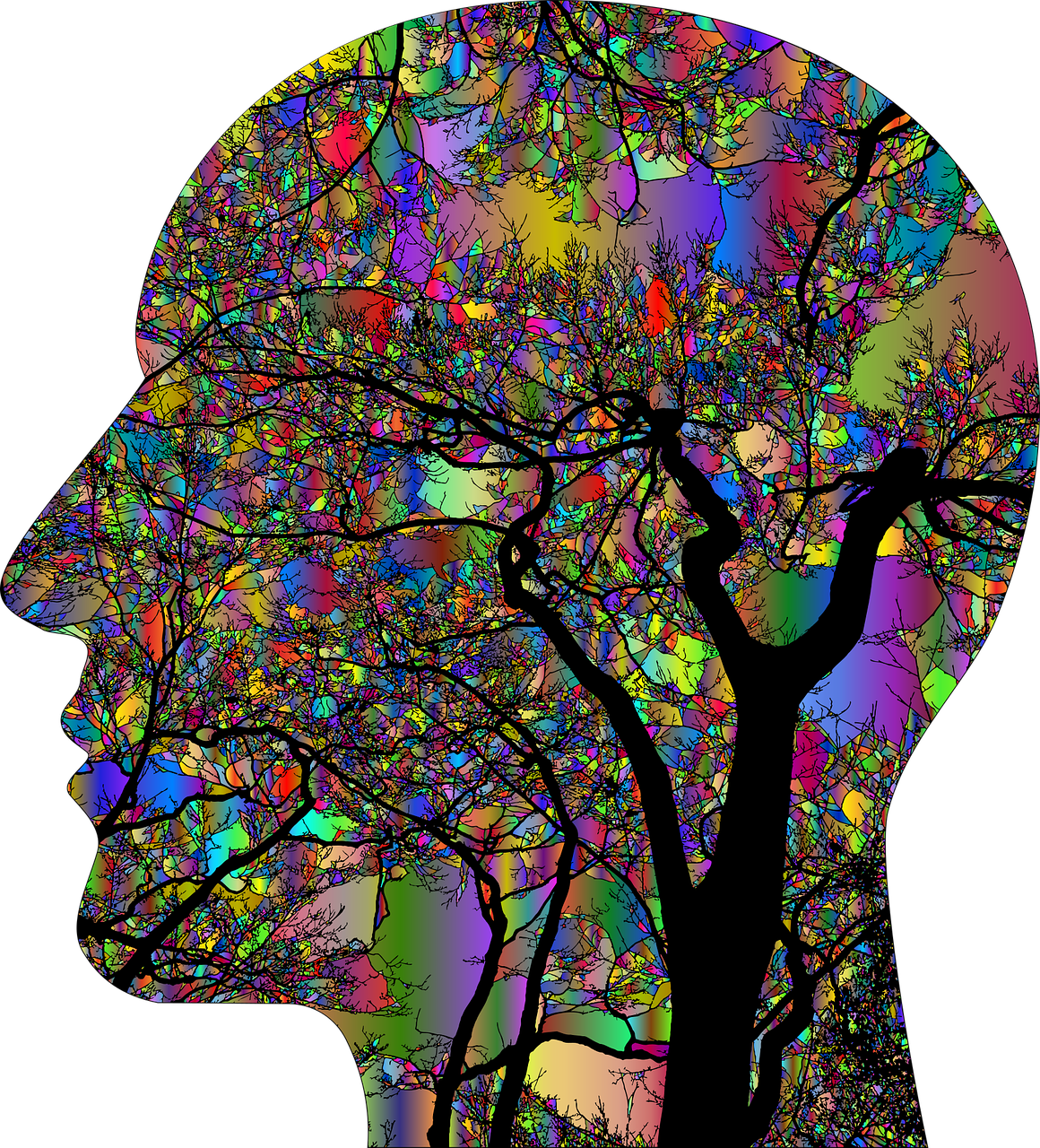Wonderful Words of Life - Partake of His Divine Nature
Today’s Wonderful Words of Life, take us back to the first chapter of second Peter. I did a series on verses 1-11. If you would like to see the introductory post on verses 1 and 2, you can see that here. I am focusing only on verses 3 and 4 today, for the specific purpose of sharing these wonderful words again.
“3 seeing that His divine power has granted to us everything pertaining to life and godliness, through the true knowledge of Him who called us by His own glory and excellence.
4 For by these He has granted to us His precious and magnificent promises, so that by them you may become partakers of the divine nature, having escaped the corruption that is in the world by lust.”
I would like to look at these wonderful words in phrases.
Image by OpenClipart-Vectors from Pixabay
seeing that His divine power - The words “seeing that” as they are used here could be replaced with “since”. It is used in direct correlation to the phrase, “His divine power.” This phrase applies to what follows. I find it wonderful that it is His divine power. God’s power is limitless, and His, referring to Jesus Christ, was that same power that raised Him from the dead.
has granted to us - He didn’t use His divine power to give good gifts (Matt. 7:11) to the trees or grass or animals, He granted them to us. The word granted, according to Webster’s Online Dictionary has these definitions:
1 - a - to consent or carry out for a person
b - to permit as a right, privilege, or favor
2 - a - to bestow or transfer formally; specifically to give the possession or title of by a deed
What is it, exactly, that has been granted to us?
everything pertaining to life and godliness - This is so encouraging to me. God’s divine power has granted to us everything…EVERYTHING…pertaining to life and godliness. When I don’t think I have the ability to go on; when I can no longer stand; when I don’t know what is going to happen tomorrow…His divine (heavenly) power gives me everything pertaining to living life and being godly. How is this accomplished, because obviously I still have to do things myself. I have to live life, go to work, take care of my family, survive the difficulties, so how does he do this?
Image by Gordon Johnson from Pixabay
through the true knowledge of Him who called us by His own glory and excellence - What does it mean, “true knowledge”? In a world with so much learning, so much knowledge, so many books, podcasts, how-to videos, and so many ideas, how do we know what true knowledge is?
The world will tell you true knowledge is only that which you learn through your own senses. Only the things you can taste, smell, hear, see or touch is true knowledge. However, our senses can be skewed. We might have a cold, or ongoing sinus issues that cause our taste and smell to be off. We may have poor vision or the day might be foggy or rainy causing us to not see clearly. Noises are not always perceived correctly either. What sounds like a baby crying, might actually be a tiny dog yapping, or a rabbit being attacked by a cat.
True knowledge can only be the truth which God has established. God has allowed us to share in that truth by giving us His word, the Bible. This is true knowledge. If you do not know Christ as your Lord and Savior, you cannot know true knowledge. Sure, you can read the Bible and you can have all sorts of PhD’s and certificates that give proof of your head knowledge, but true knowledge is only found in a heart that is walking humbly with the One True God.
We come to understand this true knowledge when He calls us by is own glory and excellence. He doesn’t call us to another glory…the glory of a professor, a priest or a preacher…He calls us by His glory, and His excellence.
For by these - This refers back to His glory and excellence.
He has granted to us - Once again, it is God Almighty who is doing the giving.
Image by Cheryl Holt from Pixabay
His precious and magnificent promises - We could spend an entire year looking at God’s precious and magnificent promises. His promises include things like, He is always with us (Hebrews 13:5), He will give strength (Isaiah 40:31), He gives us rest (Matthew 11:28-30), He delivers us and forgives us (Colossians 1:13-14), and so very many more. If you want a good study that encourages you from top to bottom, find all the promises of God in Scripture. It will leave you feeling overwhelmed with gratitude and amazed at His goodness and mercy.
So that by them - refers back to those precious and magnificent promises.
You may become partakers of the divine nature - How cool is that? We actually can partake, like drinking deeply of God’s very nature. Wow!! I am on the floor, prostrate before him in my heart as I type this. Why would such a powerful, mighty being allow us, allow me, to partake of His divine nature? Refer back to John 3:16 - “For God so loved the world….”
God says we are to be holy for He is holy (I Peter 1:14-16). We cannot strive to be holy. Only He can make us that way. Remember it is by His precious and magnificent promises that we are able to become partakers of His holy divine nature. We are not made holy by a new church program, by showing up for every service, by witnessing, by passing out tracts or helping at the soup kitchen. While all those things are good, only God Himself through the blood of His Son Jesus can make us Holy.
Having escaped the corruption that is in the world by lust - Let’s sit here a minute. There are several things being stated in this phrase. First, the world is corrupt. We know this because of what happened in the Garden, when Eve listened to that slippery snake, and convinced Adam to listen as well.
We engage in this corruption in its many forms when we lust for that which we do not have. Think about it. Just about every sin that we can engage in involves some sort of temptation. Temptation is the lure that whispers to us all that we do not have…money, power, fame, a boyfriend or girlfriend, a big house, the perfect marriage, and on it goes. Lust takes over when we recognize we are dissatisfied and so we strive for all that we do not have.
Image by Pascal Laurent from Pixabay
I hate to break it to you, but we will always feel that emptiness and lust for what we do not have, unless we have Jesus in our hearts. Even when we do, we must claim those precious and magnificent promises to really begin to partake of His divine nature, and fully realize true peace and contentment.
I hope these words reminded you of several things:
You are not alone. God is with you and His is doing, moving, and working all the time.
You have His divine power, which can help you live this life.
You have all of His precious and magnificent promises.
You can partake of His divine nature.
You can escape the corruption of this world by delving deeper into the depths that are God.
You are loved!


























